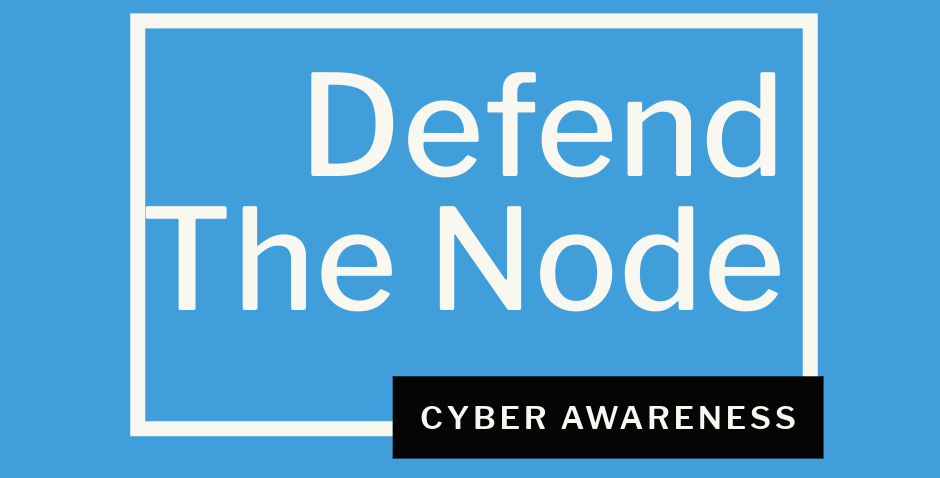In recent years, a troubling financial scam known as the Pig Butchering Scam has rapidly spread across the globe. The term may sound odd, but it comes from a cruel analogy — scammers “fatten up” their victims by building emotional trust and offering fake investment returns, only to “butcher” them financially in the end.
These scams have led to devastating losses, draining victims of their life savings, retirement funds, and hard-earned investments. What makes this scam especially dangerous is how strategic, sophisticated, and emotionally manipulative it has become.
What Is a Pig Butchering Scam?
Unlike typical scams that aim for quick wins, pig butchering scams are long-term cons. Scammers slowly gain trust over weeks or months, pretending to form a friendship or romantic relationship. It often starts innocently — a message on a dating app, social media, or even a random text like, “Oops, wrong number.”
From there, the scammer engages in friendly, frequent conversations. Once the victim feels comfortable, the topic of investing is introduced — usually in cryptocurrency, forex trading, or high-yield returns. To build trust, scammers may show fake profit screenshots or encourage small trial investments that seemingly generate quick returns.
This sense of early success pulls victims in deeper. They begin investing more, often convinced that they’ve found a legitimate, lucrative opportunity. But the trading platform is entirely fake, carefully crafted to appear real with features like account dashboards, withdrawal history, and customer support chat.
Eventually, when the victim tries to withdraw larger sums or cash out profits, problems arise. They may be asked to pay “taxes,” “processing fees,” or face a frozen account. By that point, the scam is complete — and the money is gone.
Why These Scams Are So Dangerous
What sets pig butchering scams apart is their emotional manipulation. Victims often believe they’re in a genuine relationship or friendship, making it much harder to spot red flags early on. Some even report planning to meet the scammer in person or discussing future plans together.
These scams aren’t run by isolated individuals — they’re often part of organized crime syndicates operating from scam centers or “scam farms.” These groups follow detailed playbooks, use fake trading platforms, and have teams managing each stage of the con — from initial contact to technical support.
How to Stay Safe and Protect Others
You don’t need to be a cybersecurity expert to protect yourself. A few simple habits can go a long way:
- Be cautious of unexpected messages. Whether it’s on WhatsApp, Instagram, dating apps, or SMS, treat random messages from strangers with skepticism — especially if the conversation shifts to money or investments.
- Don’t mix romance and investing. If someone you haven’t met in person starts talking about crypto or trading platforms, that’s a major red flag.
- Never invest based on a stranger’s advice. No matter how convincing they sound or how professional the platform looks, always do your own research and stick with regulated financial institutions.
- Watch out for fake websites and apps. Scammers often create trading platforms that look polished and realistic. Some even publish fake apps that temporarily appear in app stores before being removed.
- Recognize emotional manipulation. If someone is overly complimentary, makes you feel special too quickly, or subtly pressures you to invest — it’s likely part of the script.
- Talk to someone you trust. Scammers thrive when victims feel isolated. If something feels off, talk it through with a family member, friend, or financial advisor before making any decisions.
- Early profits don’t mean it’s real. Many victims were able to withdraw small profits initially — that’s part of the trap to build trust before larger investments are lost.
Final Thoughts
Pig butchering scams are a heartless blend of emotional exploitation and financial fraud. They prey on people’s trust, loneliness, and hope for financial security — and they are growing more common by the day.
In an increasingly digital world where relationships begin online and investments happen with a few clicks, staying informed is your best defense.
Stay alert. Ask questions. Don’t let emotions cloud your financial judgment. When it comes to money and online relationships, a healthy dose of skepticism can save you from heartbreak — and bankruptcy.
For more on Cyber Awareness click on this article here

